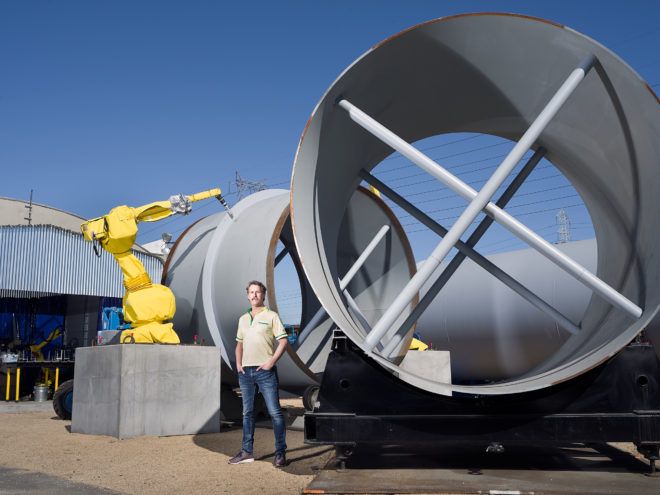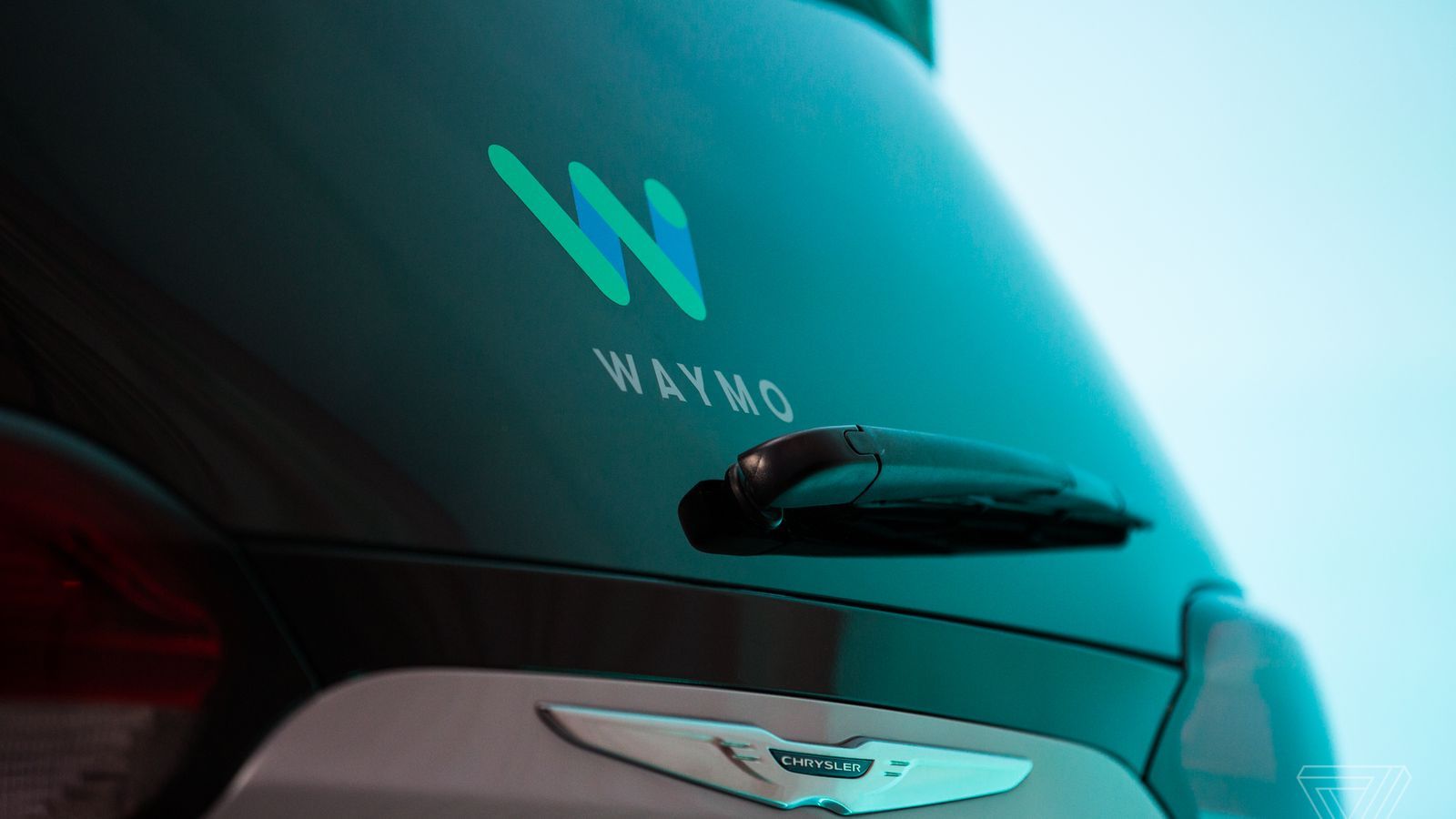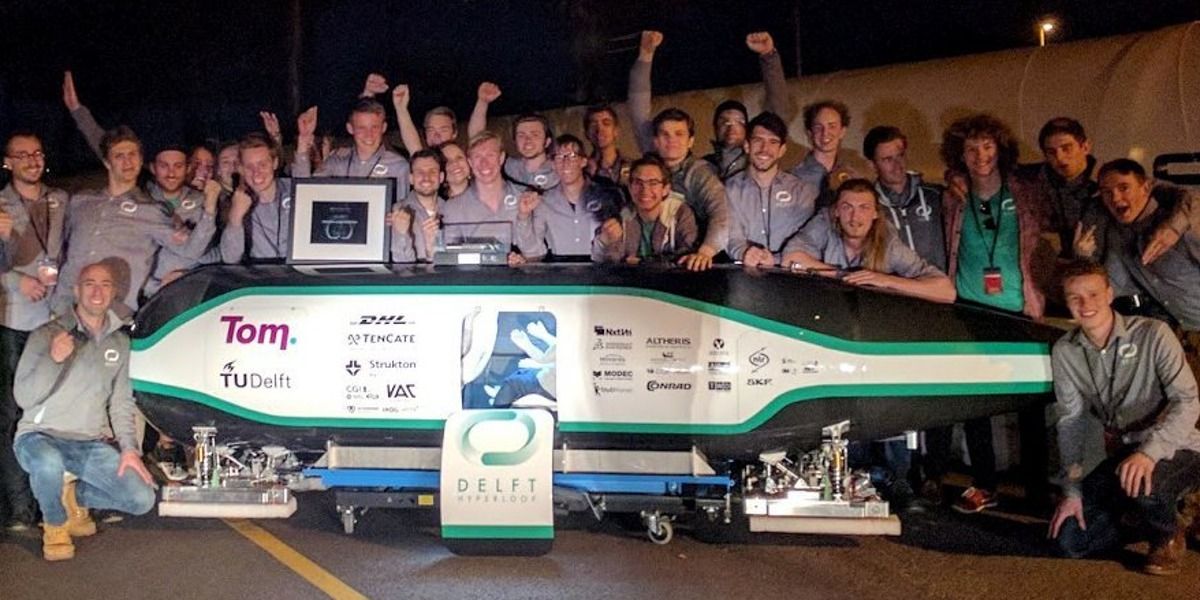The last extreme luxury frontier… Production, sale and hire.



Brogan BamBrogan has jumped back into the race to transform transportation. The engineer, who left Hyperloop One amid a wild legal battle last summer, has launched his own effort to build a network of tubes and pods to fling people about the planet at near-supersonic speeds. It’s called Arrivo (Italian for “arrived”), and it plans to put you—or at least your stuff—in a working hyperloop in just three years.
As CEO, BamBrogan (yes, that’s his legal name) says the new Los Angeles–based company has lined up funding and is in talks to produce hyperloop systems for a variety of clients. Without revealing where those projects are, he says he plans to start by moving cargo, a good way to prove the system works and iron out the kinks without killing anybody, all while bringing in some revenue.
BamBrogan is a respected engineer who spent years at SpaceX before cofounding Hyperloop One with venture capitalist Shervin Pishevar in 2014. In July, he and three coworkers sued the company, alleging shenanigans like breach of fiduciary duty, violating labor laws, wrongful termination, and infliction of emotional distress. Hyperloop One countersued, accusing BamBrogan et al. of an attempted mutiny. In November, the aggrieved parties reached a confidential settlement and dropped the suits, which involved details like an overpaid fiancée, drunken shouting, a nightclub bouncer, and … um … a noose.
Moscow is one of five cities in the world where people have begun installing subcutaneous implants for travel on public transport. The first Russian cyborgs, however, complain about the limits of using their new devices in everyday life.




California’s Department of Motor Vehicles released its annual autonomous vehicle disengagement report today, in which all the companies that are actively testing self-driving cars on public roads in the Golden State disclose the number of times that human drivers were forced to take control of their driverless vehicles. The biggest news to come out of this report is from Waymo, Google’s new self-driving car company, which reported a huge drop in disengagements in 2016 despite an almost equally huge increase in the number of miles driven.
In other words, Waymo’s self-driving cars are failing at a much lower rate, even as they are driving a whole lot more miles. The company says that since 2015, its rate of safety-related disengages has fallen from 0.8 per thousand miles to 0.2 per thousand miles in 2016. So while Waymo increased its driving by 50 percent in the state — racking up a total of 635,868 miles — the company’s total number of reportable disengages fell from 341 in 2015 to 124.
Spinning magnets near copper sheets create levitation!
Try Audible free for 30 days: http://bit.ly/AudibleVe
Special thanks to Hyperloop One for showing me around.
Thanks to Patreon supporters:
Nathan Hansen, Donal Botkin, Tony Fadell, Saeed Alghamdi, Zach Mueller, Ron Neal, Perry cl, Bryan Baker.
Support Veritasium on Patreon: http://bit.ly/VePatreon
Filmed by raquel nuno, edited by trevor carlee.
Obviously this “quadcopter” is a demonstration device, showing how moving magnets over a conducting surface can generate levitation. It has not been optimized to minimize losses or be an efficient mode of transport. I still think it’s pretty cool. I’m used to seeing light things levitated by induced currents but not a 100+ lb machine.
For more on Hyperloop One: https://hyperloop-one.com/

Last year, a Made In Space-led team achieved something that had never been accomplished. For the first time in history, a commercial in-space manufacturing facility began operation aboard the International Space Station (ISS). While private parties are able to commission objects to be built by Made In Space’s Additive Manufacturing Facility (AMF) on orbit, the hardy device also supports astronauts by manufacturing parts, tools, and supplies that can be used on the ISS.
Made In Space has continued its mission to enable humans to live and work in space by demonstrating several new technologies in microgravity. Testing machines on Earth that are optimized to work in environments which have little or no gravity can be difficult at the bottom of Earth’s gravity well. The Flight Opportunities Program (FOP) at Johnson Space Center in Houston, Texas utilizes high-tech aircraft to fly in aggressive parabolic arcsa nose dive followed by a sharp ascent. This maneuver creates a gravity-free environment within the plane’s cabin for less than a minute before having to pull up and repeat. After partaking in over 200 of these parabolic flights, MIS has demonstrated several manufacturing techniques in microgravity that will be critical to the success of our journeys to other planets.
